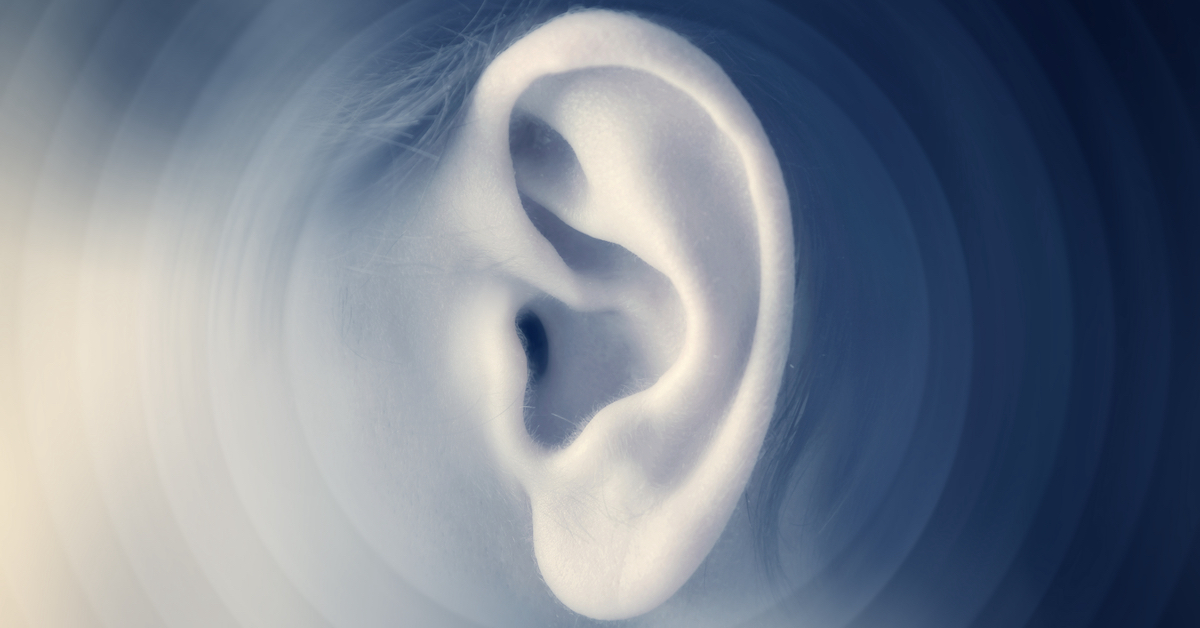If you’ve ever had a tune stuck in your head, you’re not alone; most people experience this on a weekly basis or more.
These catchy tunes or “earworms” can be annoying and even distressing for some, but many more enjoy the experience and find themselves humming along with the tune throughout the day.
And that’s a good thing because these earworms not only boost memory, they may even lead to a treatment for dementia.
The scientific term for earworms is involuntary musical imagery (INMI), which means the spontaneous recall and replay of tunes in our heads. We don’t ask for these tunes to appear; there’s no conscious effort to make them appear or to sustain them – they just happen.
Scientific interest in INMI has only taken off within the last 15 years, and is therefore quite new, but this phenomenon is turning out to be more important to our memory function than originally suspected.
New Insights Into Brain Function
In a recent review researchers wrote, “…it is now apparent that INMI can provide unique insights that advance our understanding of broader cognitive functions of attention, memory, and consciousness.”
A new study demonstrates one of these unique insights. Petr Janata, University of California, Davis, professor of psychology and co-author of the new study, said, “Scientists have known for some time that music evokes autobiographical memories, and that those are among the emotional experiences with music that people cherish most.
“What hasn’t been understood to date,” he continued, “is how those memories form in the first place and how they become so durable, such that just hearing a bit of a song can trigger vivid remembering.”
Prof. Janata and his colleague Benjamin Kubit, a postdoctoral researcher in cognitive neuroscience, began their investigation into this process by selecting 31 students without formal music training.
First, the students listened to unfamiliar music while carrying out various tasks.
A week later, they listened to the unfamiliar music again while watching certain clips from an unfamiliar movie.
Next, the students watched the movie in its entirety (with the music) and were then asked to recall as many details as possible from the movie while the music was playing.
Finally, between one and four weeks later, the students were asked again to recall as many details as possible from the movie while the music was playing. They were also quizzed about their recollections of the music and how often the tunes appeared as earworms. The findings were novel.
Earworms Result in Near Perfect Recall
The researchers discovered the more often a tune played in a person’s head, the more accurate the memory for the tune became and, critically, the more details the person remembered from the specific section of the movie with which the tune was paired.
The effect of repeatedly experiencing a tune as an earworm resulted in near-perfect retention of the movie details a week later.
Their memories were, in fact, as good as when they had first seen the movie.
Additionally, most subjects were able to report what they were typically doing when their earworms occurred, and none of them mentioned the associated movies coming to mind at those times.
This is the first research to link earworms and music-evoked memory. It demonstrates that earworms play an important role in helping memories form, not only for the song, but also related life events.
The researchers hope that their findings will one day lead to a breakthrough in treatment for memory loss, dementia and Alzheimer’s disease.
Music to Treat Dementia
Prof. Janata said, “Our paper shows that even if you are playing that song in your mind and not pulling up details of memories explicitly, that is still going to help solidify those memories.”
His co-author added, “…our results show that earworms are a naturally occurring memory process that helps preserve recent experiences in long-term memory.”
The authors believe that their findings could lead to the development of music-based interventions to help people with dementia and other neurological disorders to better remember events, people and important daily tasks.







